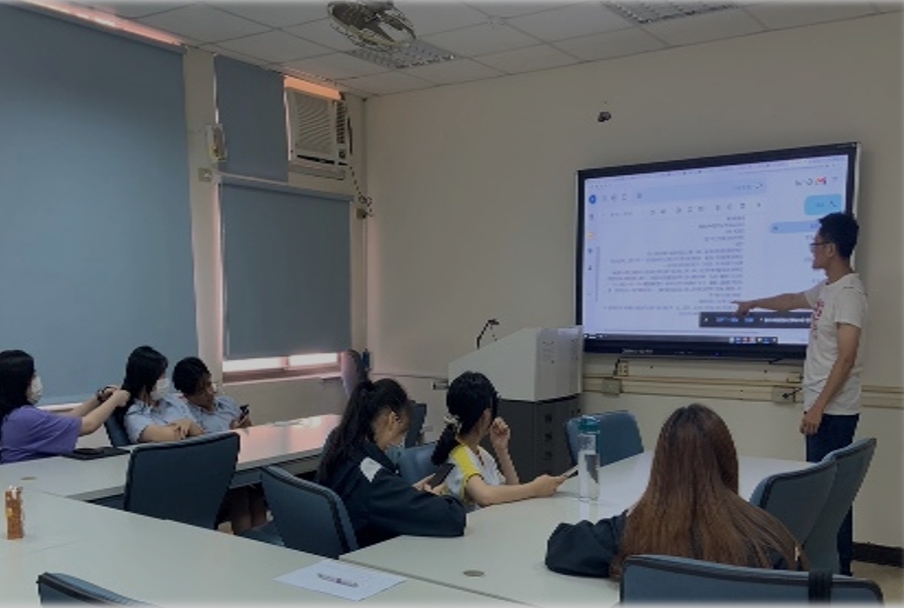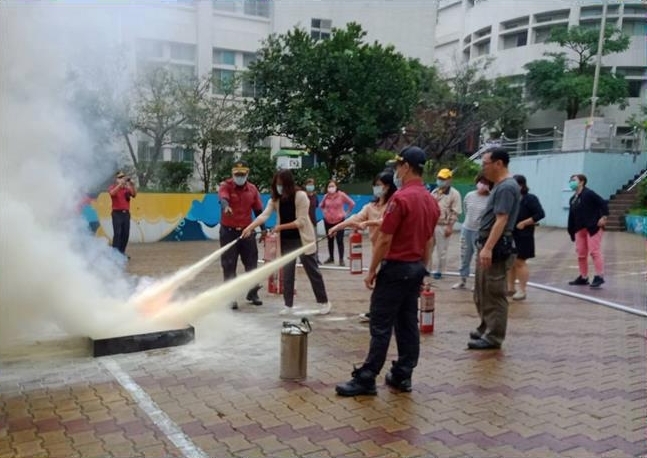「Innovative Teaching」
Breaking the boundaries of disciplines, the University provides students with various opportunities to engage in interdisciplinary learning, guiding them to understand the limitations of their own knowledge and skills. This approach helps students develop diverse professional competencies and enhances their ability to understand and integrate different knowledge systems. In 2023, 31 cross-disciplinary microcredit courses were offered, involving 31 instructors and 396 students, significantly improving students' interdisciplinary competencies. The University also organized teaching assistant training workshops. After completing the training, the teaching assistants helped in course instruction, licensing and certification exam preparation, and peer tutoring, with 66.4% of low-achieving students showing improvement in their grades after receiving assistance from the teaching assistants.

「Social Responsibility」
The University has established a resilient campus by planning evacuation spaces, purchasing emergency evacuation supplies, equipment, and maintaining signage. In addition, the University conducts campus-wide basic rescue training and collaborates with the community and government agencies to implement campus disaster prevention measures. These efforts ensure a rapid response during the initial stages of a disaster, enhancing the basic emergency capabilities of both faculty and students.

「Industry-Academia Collaboration」
The University promotes industry-academia collaboration to enhance faculty research and practical capabilities. Faculty members are encouraged to undertake industry-academia projects, bringing research results into industrial applications, producing customized products, and licensing patent for market use, aiming to create greater economic benefits. In 2023, 25 industry-academic collaborations were conducted, securing a total funding of NT$3,253,000, averaging NT$33,194 in external funding per faculty member.

「Higher Education Accessibility」
The study group (evening self-study sessions) has received positive feedback from students, reflecting its effectiveness in enhancing student learning. In the 2023, study sessions were held twice a week, each lasting 2 hours, where students engaged in focused study in a designated classroom after regular classes. Additionally, to foster students' core competencies in independent action, communication, and social participation, the University also implements self-directed learning, allowing economically and culturally disadvantaged students to set their own study plans to improve their learning outcomes and semester grades.
